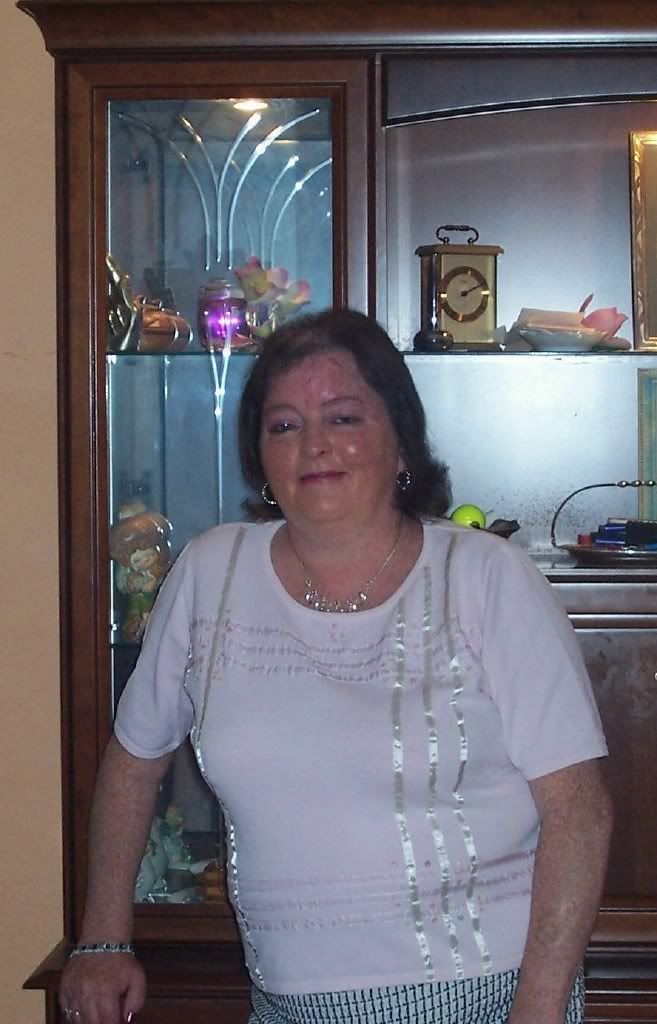Judge rejects care home abuse claims from The Scotman Newspaper
JOHN ROBERTSON AND JIM MCBETH
ALLEGED victims of historical abuse in children's homes criticised a judge yesterday for throwing out three test cases because he did not want to prejudice the good works of an order of nuns.
Lord Drummond Young's decision, in the Court of Session, effectively kills off up to 600 similar actions by alleged victims.
The judge ruled that three £50,000 claims by two women and one man, which had been raised many years beyond normal legal time limits, should not get special dispensation to continue.
He said he would not allow the claims by former residents of Glasgow's Nazareth House to proceed, given the "very substantial" period which had elapsed since the alleged abuse.
The claimants alleged they were brutally treated as children, but Lord Drummond Young said times had changed and the Congregation of the Poor Sisters of Nazareth, who once ran Nazareth House homes in Glasgow and Aberdeen, now operated facilities for the elderly and AIDS sufferers.
"It does not appear to me to be fair that their current activities should be prejudiced because of acts carried out [up to] 40 years ago by individuals who are dead or no longer active," he said.
Lord Drummond Young's ruling provoked angry reaction from alleged victims who are bringing actions against not only Nazareth House, but also organisations such as Quarriers, Barnardo's and another religious order, the De La Salle Brothers.
Lizzie McWilliams, 67, from Glasgow, who claims she was sexually and physically abused in Quarriers, Renfrewshire, said: "His lordship should walk a mile in my shoes if he thinks the scars of the past can be healed.
"The abuse I suffered destroyed my life. His decision may now make it impossible for me to prove my abusers' guilt."
Chris Daly, 40, also from Glasgow, another alleged victim of Nazareth House, added: "I am very disappointed. It is all very well for nuns to move on, but we cannot."
Mr Daly, who claims he was beaten, made to stand outside in freezing conditions wearing only underpants and locked in a room with a corpse, added: "You cannot go into the future without resolving the past."
Lawyers acting for the claimants said they would appeal. Cameron Fyfe, who has 300 cases involving Nazareth House, said: "Many other cases depend on appealing this judgment. The victims want closure, the guilt established, and not just money."
Mr Fyfe conceded that if the judgment is not overturned, it will kill off between 500 and 600 actions.
Frank Docherty, of In Care Abuse Survivors, which represents many alleged victims, said: "The fight will go on. "This is ludicrous. What about 'prejudicing' the victims? How many more must we lose to alcohol and depression because of the abuse they suffered?"
The test cases centred on Nazareth House, in Glasgow, which was once run by the Congregation of the Poor Sisters of Nazareth.
Two women, A and J, and the man, D, alleged a "brutal, violent and cruel regime".
They said they were injured by assaults which caused them long-term psychological harm to relationships and employment.
A, 42, was at Nazareth House from the age of three to 16. She claims she was beaten and force- fed carbolic soap.
During eight years in the home, J, 51, said she was struck with implements such as a hairbrush, coat hanger and canes.
D, 36, said during his three years there he was regularly assaulted.
They raised actions in 2000, but, in law, the cases should have been brought before they were 21.
However, a court can allow time-barred cases to proceed if it is deemed "equitable".
But Lord Drummond Young added yesterday: "It was clear the raising of these actions has caused considerable distress to all three. I cannot think it is in their interests to rake over those memories.
"I will exercise my discretion in favour of [the Poor Sisters] and refuse to allow the pursuers to bring the present actions."
